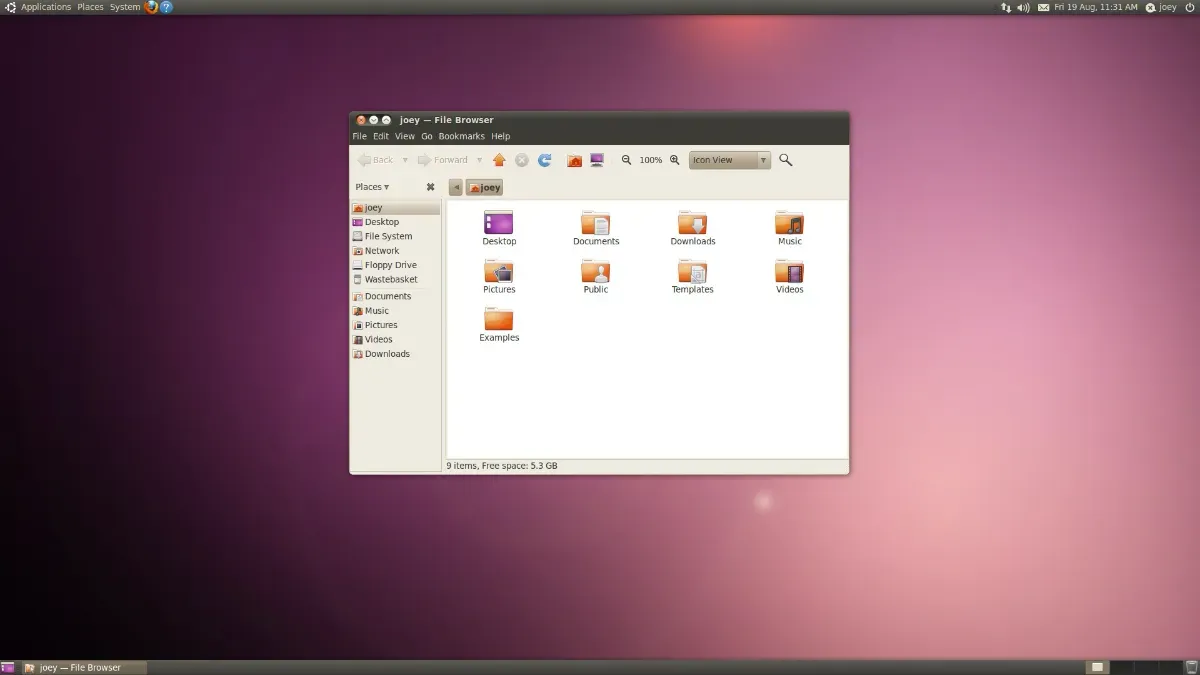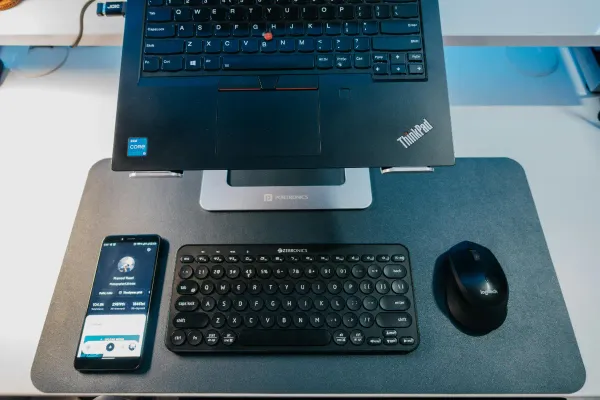A quick look at Ubuntu 10.04 by a Mac user
Former desktop Linux user checks in on Ubuntu 10.04 after six years on Mac OS X.

I haven't always been a Mac user, although i have now spent about half of my computer-using life on Mac OS X.
I started with a 450MHz Pentium II machine, back in 1998. It came with Windows 98 and i thought it quite excellent, especially when i hooked it up to a phone line and started dialling into an ISP (it would be nearly another 4 years before my area got ADSL).
This new online world soon showed me that computers weren't limited to just Microsoft operating systems, and i tried BeOS and several different distributions of Linux, but i always returned to Windows.
When Windows 2000 came out i upgraded and thought it the best version of Windows yet. I skipped Windows XP though; by the time it was released i had moved to Linux full-time.
I started with Linux Mandrake (now Mandriva) but soon was bouncing around Debian-based distributions and settled on Libranet for a couple of years before migrating to a pure Debian system.
Towards the end of 2004 a new Debian-based distribution made a big splash. This distribution was called Ubuntu and was billed as an easy-to-use distribution of Linux.
Around the same time as the first release of Ubuntu i purchased my first Mac (an iBook) so i never really got the chance to try Ubuntu out extensively, but when i got my first Intel Mac and a copy of VMware Fusion i installed Ubuntu in a virtual machine to try it out. I have continued to do this for each subsequent release.
Ubuntu 10.04 was released on the 29th of April 2010 and a couple of days later i installed it into a virtual machine on my MacBook.
After login i was greeted by a very clean and minimalist desktop. The new theme "Light" is, in my opinion, more beautiful than Mac OS X's default look. It is slightly marred by the presence of launcher icons for Firefox and Help in the top panel, but right-clicking on each icon and removing them soon solves that problem.
In fact, preferring a webkit-based browser, i uninstalled Firefox and installed Epiphany using Ubuntu's excellent Software Centre. Being webkit-based it rendered sites the same as Safari, and the installation of a few Gstreamer codecs soon had me playing back h.264 video from YouTube's HTML5 trial. It goes without saying that Ogg Theora was supported out of the box and no doubt the next version of Ubuntu will also support Google's WebM format.
One glaring problem i encountered was with the GNOME file browser, Nautilus. It has an icon view, and a list view but no column view! Miller Columns are simply the best way to browse your files and the lack of them in Nautilus was a huge step back.
Ubuntu 10.04 has moved the close/minimise/maximise buttons from the top-right of each window to the top-left. This has caused some uproar among Ubuntu users but, as a Mac user, i can't help but applaud this obviously correct decision!
I removed the bottom panel and tried several different docks before settling on AWN. It's a bit rough around the edges but is pretty decent, if not yet as good as the dock on Mac OS X.
I also installed a global menu in the top-panel to complete my Mac-like Ubuntu system. There are a few quirks with it at the moment, but i'm sure they'll be worked out in the not-too-distant future. Especially since a global menu will become the default for the Netbook edition of Ubuntu 10.10.
Lately there have been some complaints that Ubuntu seems to be making itself into more of a Mac OS X clone looks-wise. Apple spent a great deal of money on UI research and not everything they do is wrong, so it seems a good idea for Ubuntu to leverage some of that research.
The timing is also good. Of late, Apple have been sorely neglecting Mac OS X in favour of iOS for their iPhone/iPad/iPod Touch devices. This is understandable because it's such a large source of income for Apple, but is frustrating and annoying for people who prefer a real computer to a hand-held device.
This neglect opens up a gap in the market and Canonical would be wise to position themselves to at least provide a solution.
Ubuntu is not quite at the point where i would be willing to drop OS X in favour of it, but i'll keep trying each release in a virtual machine and, who knows, maybe in a year or two i'll be running Ubuntu on my MacBook with OS X in a virtual machine.
One thing i do know for sure, my next computer wont be a Mac.




